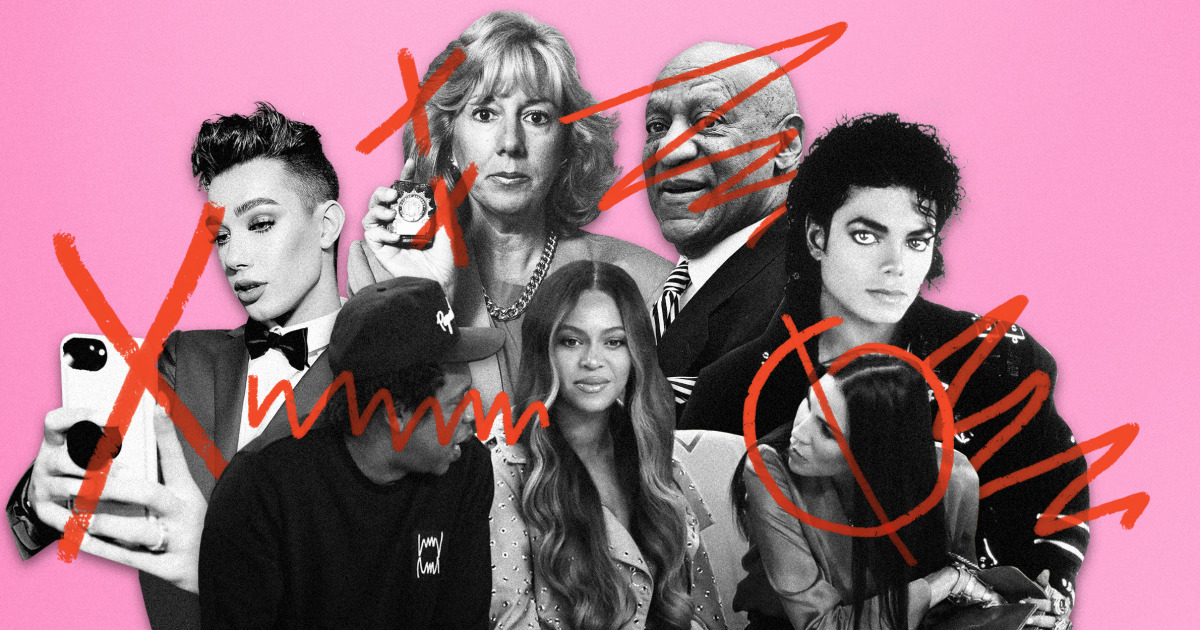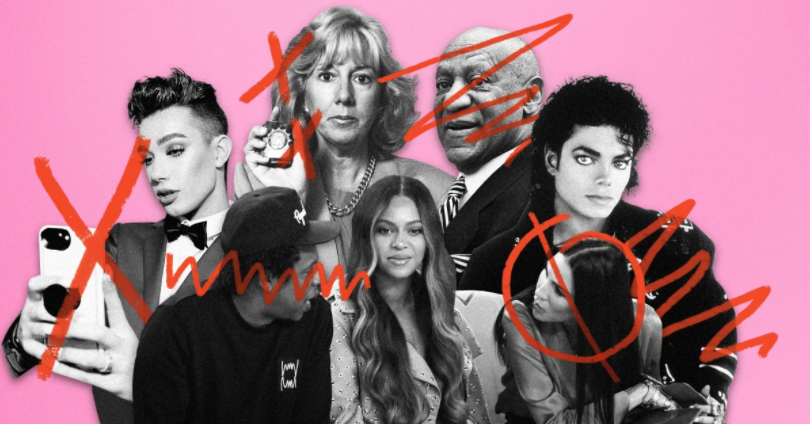Cancel culture. Call-out culture. Holding others accountable. Mass ostracization. These phrases are thrown around constantly– on the news, in our classrooms, and in every-day conversations. While the phrase itself may have become oversaturated, some think the practice has also lost part of its original meaning. For how prevalent this issue is, it remains unclear the extent to which students truly care or feel affected by it.
The Cambridge definition of cancel culture is “a way of behaving in a society or group, especially on social media, in which it is common to completely reject and stop supporting someone because they have said or done something that offends you.”
According to the March 2022 TPH survey on this topic, only 16 percent of students think that “canceling” people is an effective way to hold others accountable, while 63 percent of students do not believe it is. The final 21 percent lie somewhere in between.
“It honestly is very arbitrary and twisted— while public figures who have done awful things continue in their roles, people with one questionable statement get pushed out of their jobs,” senior Anabel Loucks said. “While people should be accountable for their words, cancel culture seemingly ignores a great deal of wrong actions in focusing on wrong words.”
Cancel culture comes from a place of people believing that justice has not been served, junior George Winn said.
“In the past, it was much more effective because it wasn’t so rampant,” Winn said. “When it was targeted and serious, it was then actually taken seriously.”
The problem, however, is that many people engaging in cancel culture treat it like a game and often come from a place of malice, Winn said.
“When you move up, the more eyes watch you, and the higher chance people will be looking for something you have done wrong,” Winn said. “[If] you’re looking for something someone has done wrong [in the past], you will always find it.”
The trickiest aspect of cancel culture is what happens when someone is actually ostracized from society, Winn said.
“Social isolation isn’t good for anyone, but that is usually what comes from [canceling],” Winn said.
Senior Charlotte Theut said everyone needs to face consequences for their actions.
“But if they show change, and they recognize that they’re in the wrong, then they can have that second chance,” Theut said.
While 83.8 percent of students who responded to the survey said that people should be held accountable for things they said in the past, many students concede that people change and grow over time.
“Accountability and responsibility should not be treated without care. We should accept the cause of someone’s actions but not allow any reasoning to be used as an excuse,” freshman Alois Schirrecker said. “Justification does not imply that one should be excused, only that the cause should be understood. All people can improve, but this doesn’t mean they will.”
Though “canceling” may result in this, some students note the distinction between cancel culture and a culture focused on holding people accountable for their actions.

(photo from NBC News)
“Being held accountable can look different, though,” an anonymous student said. “It should be used instead as a way to educate people and ensure that they move forward.”
While most believe that people should be held accountable for their mistakes, the issue complicates when the mistake happened in the past. In the age of the internet, an individual’s past actions can often get dug up and publicly scrutinized.
“I think using the excuse that ‘it was a different time’ or ‘I was only a kid’ doesn’t really excuse anything, especially considering it’s 2022 and not 1960,” an anonymous student said. “I think we should give people the chance to apologize and grow from their mistakes though; it’s just important that they understand and address what they did wrong.”
Many students consider age, and time, to be the most important factor in deciding how to address past mistakes.
“If it was a time when someone was genuinely unaware, uneducated, or just very young, what they said shouldn’t be used against them,” freshman Ishaia Goldberg-Berman said.
Students also noted that a person’s intentions should also be factored into the public’s response.
“If someone said something which was inadvertently offensive, they shouldn’t be slandered, but should learn from the mistake; they shouldn’t be attacked,” an anonymous student said.
Some students believe that the words we use are important, but they should not be held directly to their meaning, or should not be more important than the message.
“Language is important in how we impact those around us and, while intent is important, human decency requires that we try not to offend those around us,” an anonymous student said. “I do worry that, by over-prioritizing language, we shut down conversations before they happen.”
According to the March 2022 survey, 65.8 percent of students said that they think in conversations regarding politics, activism, and culture, people focus too heavily on language to be perceived as woke.
“I think that it’s a thin line to walk. Language is important in how we impact those around us and, while intent is important, human decency requires that we try not to offend those around us,” one anonymous student said. “However, I do worry that, by over-prioritizing language, we shut down conversations before they happen. As a person involved in DEI, I honestly believe that a lot of the people I work with are unforgiving with language and fail to use it as a teaching opportunity. I hope this isn’t the case, but I think it can be utilized as a way of gatekeeping.”
Others students agreed, describing the distinction between language used in order to not offend and language used in order to feel morally superior.
“While I wholeheartedly agree that correct and inclusive language is important, I sometimes feel that there is too much reliance on language to demonstrate wokeness– rather than the actions that make much more of a difference,” an anonymous student said. “One can use proper language but still have intolerant actions, and it is more important to emphasize tolerant intent than language.”





























